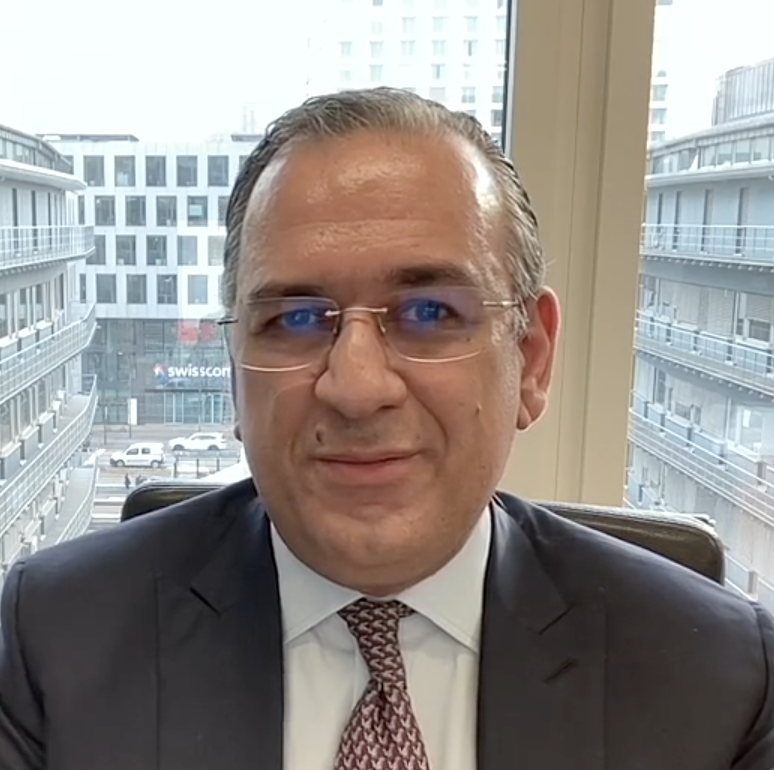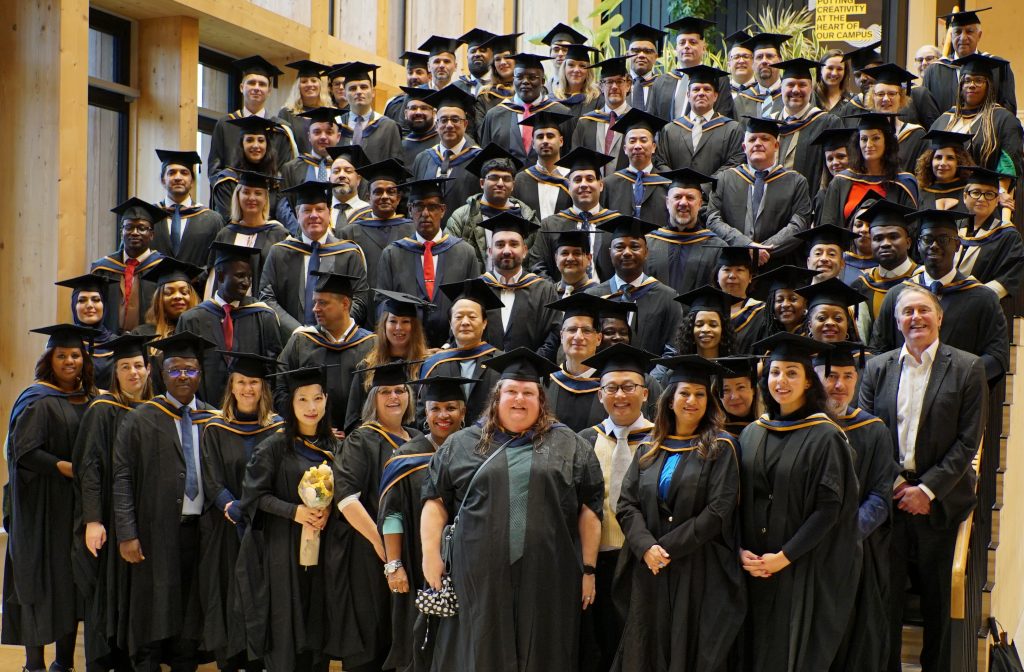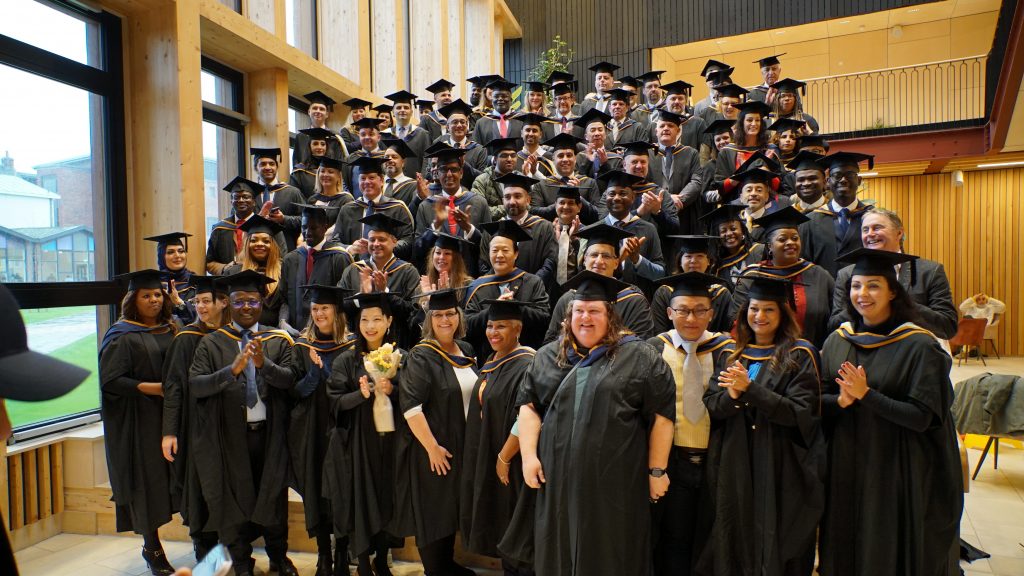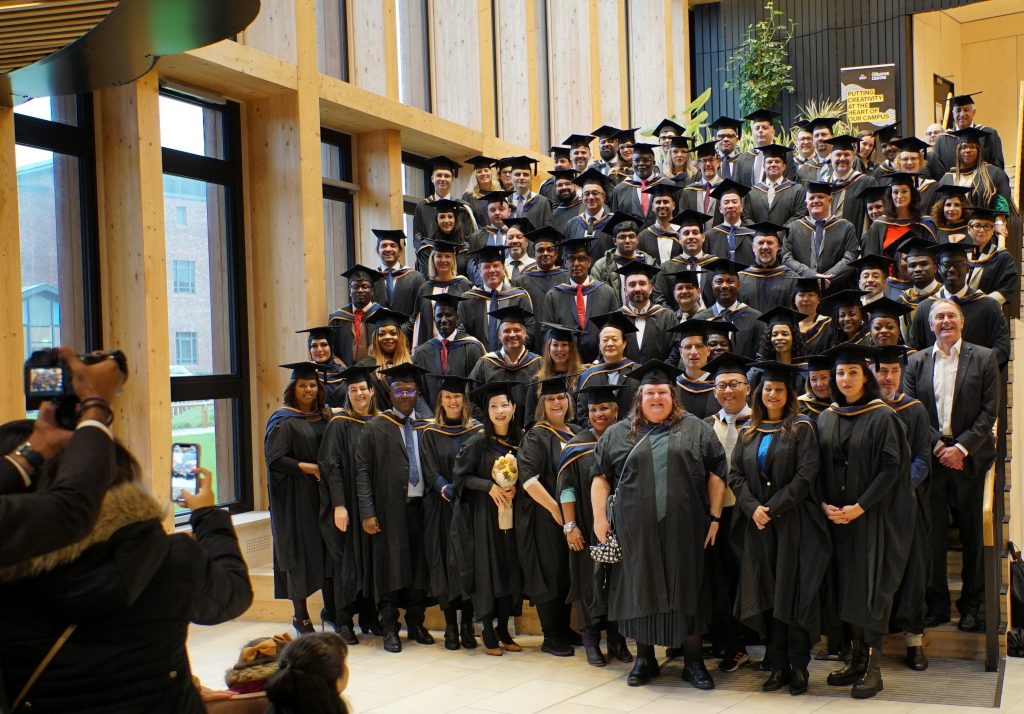In today’s competitive job market, attracting and retaining top talent has become more challenging. Companies increasingly realise the importance of developing a strong Employee Value Proposition (EVP) to differentiate themselves and create an engaging and fulfilling work environment. In this blog post, we will delve into the concept of the Employee Value Proposition, explore its significance, and discuss how it can contribute to organisational success.
Defining Employee Value Proposition
The Employee Value Proposition (EVP) is the unique set of offerings and benefits an organisation provides its employees in exchange for their skills, capabilities, and commitment. It represents the value employees receive beyond their salaries, such as career development opportunities, work-life balance, company culture, rewards and recognition, and the overall employee experience.
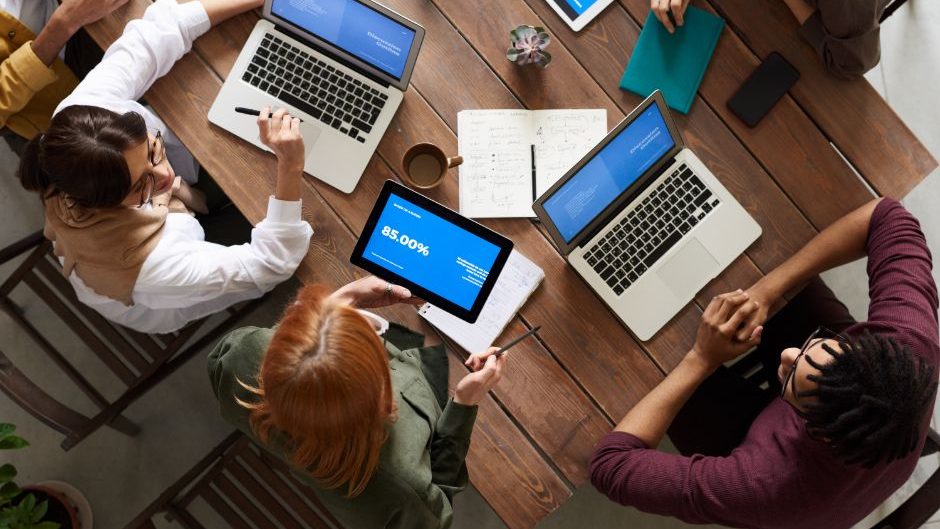
Importance of EVP
A strong Employee Value Proposition (EVP) can have several positive effects for both employees and the organisation as a whole
- Attracting Top Talent: In a highly competitive job market, a compelling EVP can be a powerful tool for attracting and recruiting high-quality candidates. It communicates to potential employees why they should choose your organisation over others, emphasising its unique advantages and opportunities.
- Increase Employee Engagement: An effective EVP can significantly enhance employee engagement. Engaged employees are more productive, innovative, and dedicated to achieving the organisation’s goals. When employees feel their needs and aspirations are met, they are more likely to be committed, motivated, and enthusiastic about their work.
- Improve Retention Rates: A robust EVP can increase employee retention rates. A positive EVP can create a sense of loyalty and commitment among employees, reducing turnover and the costs associated with recruitment and onboarding. Employees who feel valued and fulfilled in their roles are less likely to seek opportunities elsewhere.
- Enhance Employer Brand: A strong EVP builds a positive employer brand. It establishes a reputation as an organisation that values its employees, invests in their development, and provides a supportive and fulfilling work environment. A positive employer brand attracts top talent, enhances the organisation’s image, and can lead to increased customer loyalty and positive brand perception.
- Boost Productivity and Performance: Employees who feel valued and supported are likelier to go the extra mile and perform at their best. A strong EVP creates a sense of purpose and satisfaction in their work, leading to increased productivity and higher-quality output. Engaged and motivated employees are also more likely to seek opportunities for growth and improvement, driving overall performance levels within the organisation.
- Support Organisational Goals: An EVP aligned with the organisation’s mission, values, and strategic objectives can drive employee behaviours that support those goals. When employees feel a strong connection between their work and the organisation’s purpose, they are more likely to work towards achieving its vision and contributing to its success.
- Foster Innovation and Creativity: A positive EVP encourages an environment that fosters innovation and creativity. Employees who feel supported and empowered are likelier to contribute new ideas, take calculated risks, and challenge the status quo. A strong EVP creates a culture that values and rewards innovation, leading to increased competitiveness and adaptability in the marketplace.
- Enhance Employee Well-being and Satisfaction: A robust EVP addresses the holistic well-being of employees, including their physical, mental, and emotional health. Organisations can enhance employee satisfaction and overall well-being by offering benefits, resources, and support programs that promote work-life balance, employee wellness, and a positive work environment.
- Competitive Advantage: A well-crafted EVP can give your organisation a competitive edge by differentiating it from competitors. It helps create a distinct employer brand and establishes your organisation as an employer of choice.

Components of a Strong EVP
To enhance the Employee Value Proposition (EVP) and provide a compelling offering to employees, organisations can consider implementing the following elements:
- Competitive Compensation: Offer fair and competitive salaries that align with industry standards and reflect the value employees bring to the organisation. Additionally, consider performance-based bonuses, profit-sharing, or stock options to incentivise and reward outstanding contributions.
- Comprehensive Benefits: Provide a comprehensive benefits package that includes health insurance, retirement plans, and other perks like wellness programs, gym memberships, or flexible spending accounts. Tailor the benefits to meet the diverse needs of your employees.
- Career Development Opportunities: Invest in employee growth and development by offering training programs, mentorship opportunities, and career advancement paths. Provide resources for continuous learning, certifications, and skill-building to empower employees to reach their full potential.
- Work-Life Balance: Promote work-life balance by offering flexible work arrangements, such as remote work options, flexible schedules, or compressed workweeks. Encourage employees to take vacation time and provide policies that support parental leave, caregiving support, and personal time off.
- Positive Company Culture: Foster a positive and inclusive company culture that values diversity, collaboration, and respect. Create opportunities for social engagement, team-building activities, and employee resource groups. Encourage open communication and transparency throughout the organisation.
- Recognition and Rewards: Implement a robust recognition program that acknowledges and rewards outstanding employee performance and achievements. Celebrate milestones and successes publicly to boost morale and motivation. Provide regular feedback and constructive evaluations to help employees grow and improve.
- Meaningful Work: Ensure employees find their work meaningful and aligned with their passions and skills. Offer autonomy and empower employees to take ownership of their work. Provide opportunities for employees to work on challenging projects, contribute to the company’s mission, and make a real impact.
- Supportive Leadership: Develop strong leadership that is accessible, supportive, and encourages employee growth and development. Create opportunities for regular check-ins, mentorship, and feedback sessions to foster a positive relationship between managers and employees.
- Work Environment and Facilities: Provide a comfortable and well-equipped work environment that supports productivity and well-being. Consider providing amenities like on-site cafeterias, fitness centers, or relaxation areas. Offer modern office spaces, ergonomic furniture, and state-of-the-art technology.
- Employee Engagement Programs: Develop employee engagement initiatives, such as employee recognition programs, team-building events, volunteering opportunities, or employee resource groups. Encourage cross-functional collaboration and create a sense of community within the organisation.

Building an Effective EVP
- Understand Your Target Audience: Conduct research to understand your target talent pool’s needs, expectations, and aspirations. Tailor your EVP to address their specific desires and motivations.
- Assess and Align Internal Practices: Evaluate your current practices, policies, and company culture to identify improvement areas. Ensure your EVP aligns with your organisation’s mission, values, and strategic goals.
- Communicate Consistently: Develop clear and compelling messaging to communicate your EVP to current and potential employees. Leverage multiple channels, such as your company website, social media, and recruitment campaigns, to consistently promote and reinforce your EVP.
- Measure and Evolve: Regularly evaluate the effectiveness of your EVP through surveys, feedback mechanisms, and employee retention metrics. Adapt and refine your EVP based on the feedback to ensure its continued relevance and impact.
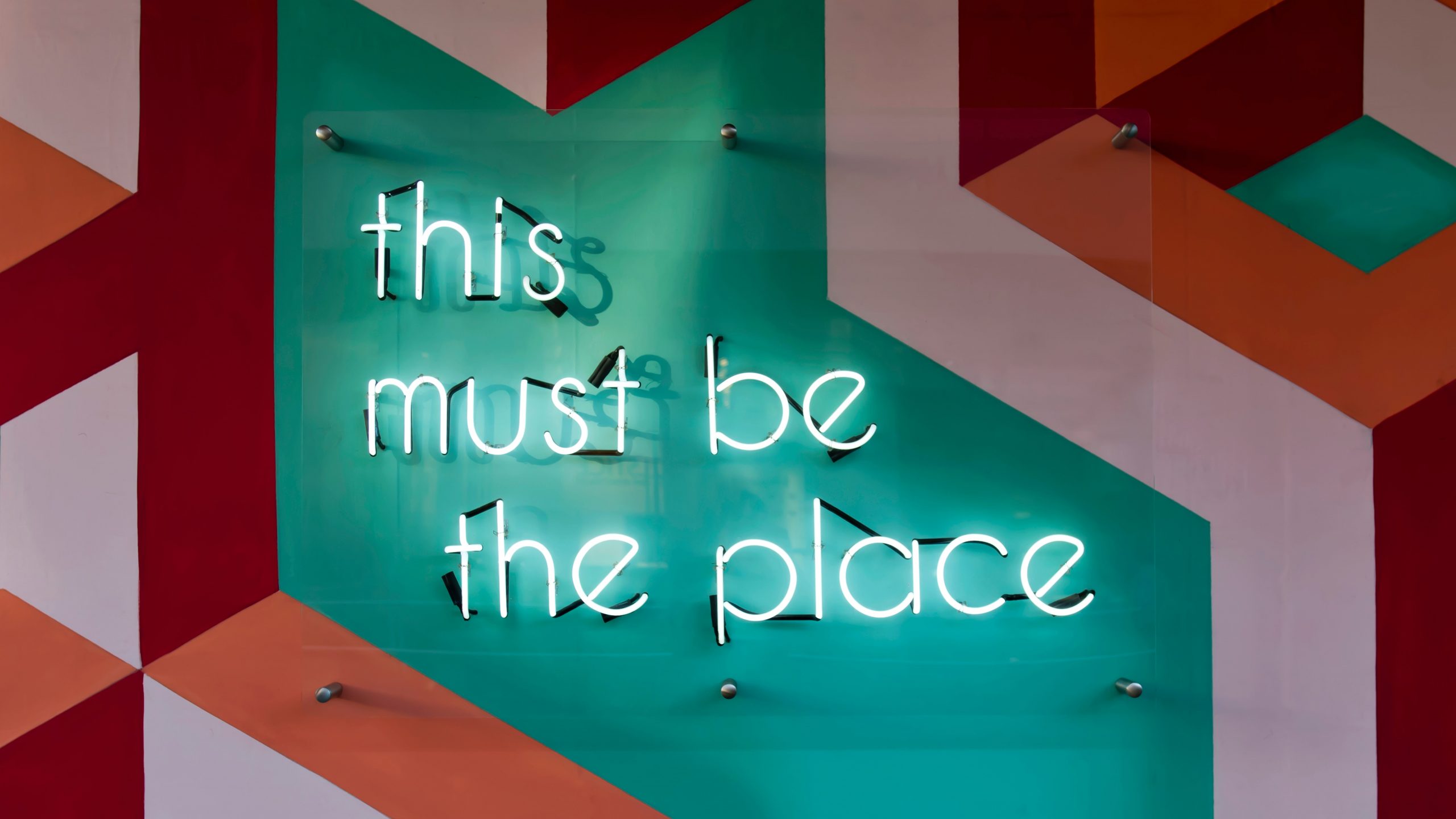
In today’s talent-driven landscape, organisations must go beyond offering competitive salaries to attract and retain top talent. An effective Employee Value Proposition (EVP) is a powerful tool to help organisations create a compelling employer brand and enhance employee satisfaction and engagement. It is essential to tailor the EVP to meet your employees’ specific needs and aspirations. Regularly seek feedback, conduct surveys, and engage in open dialogue to understand what matters most to them and continuously refine your offerings. By providing a compelling EVP, organisations can attract and retain top talent, enhance employee satisfaction, and drive overall success.












